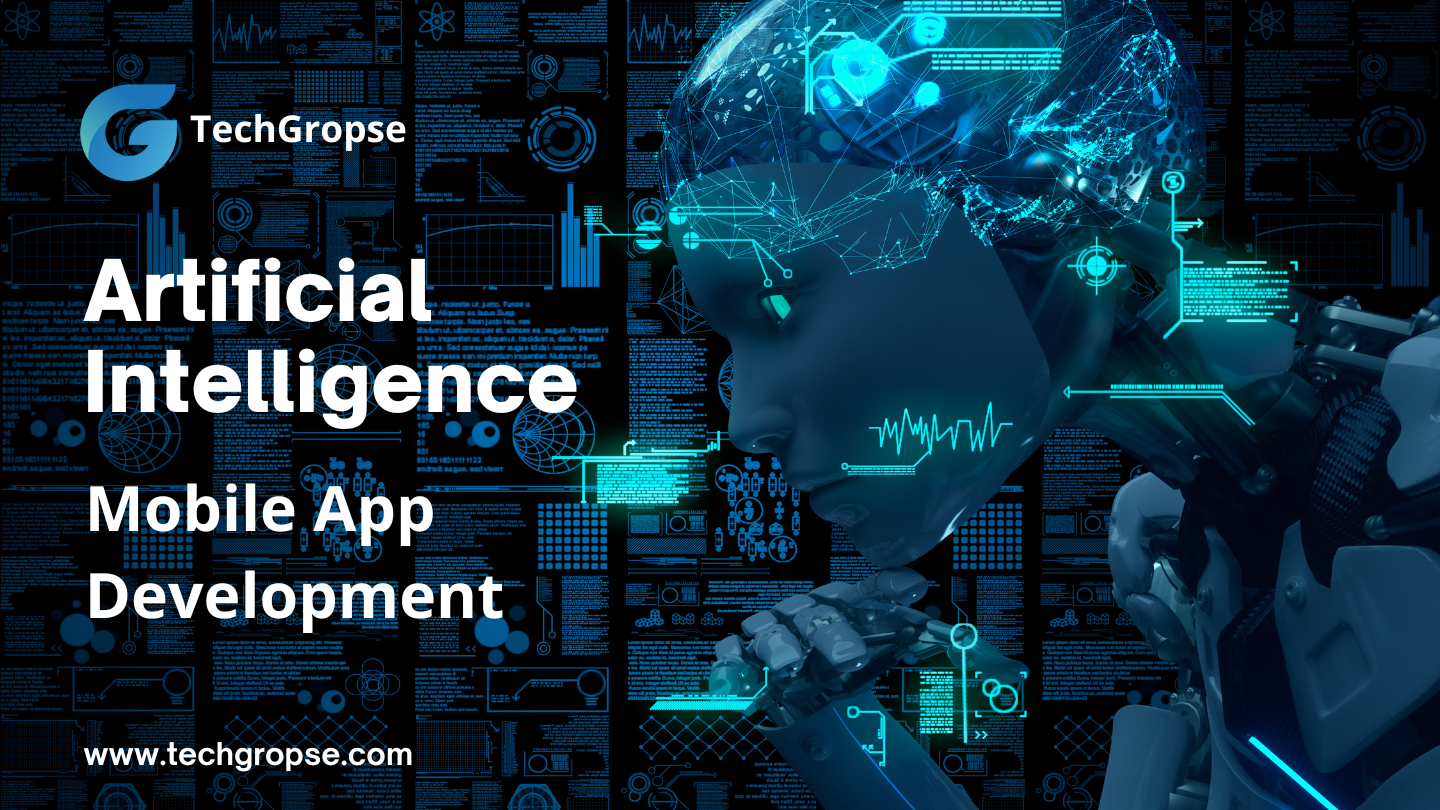How AI and VI are Reinventing Mobile App Development
 Sandeep Srivastava
Sandeep Srivastava
Advances in Artificial Intelligence (AI) and Visual Intelligence (VI) are driving a rapid evolution of the mobile app development scene. These innovations are revolutionizing not just the functionality and user experience of mobile apps, but also the process of developing them.
Explores how AI and VI are revolutionizing mobile app development, focusing on key areas such as user experience, development efficiency, personalization, security, and future potential.
Enhancing User Experience
AI and VI significantly improve the user experience (UX) of mobile apps by making them more intuitive, responsive, and engaging. AI algorithms analyze user behavior to provide personalized content, recommendations, and interactions. For instance, AI-powered chatbots offer real-time customer support, handling queries with high accuracy and efficiency. These chatbots use natural language processing (NLP) to understand and respond to user queries, providing a seamless and interactive user experience.
VI, on the other hand, enhances UX through advanced image and video recognition capabilities. Mobile apps can now automatically tag photos, recognize objects, and even identify emotions in images. Social media platforms like Instagram and Snapchat leverage VI for features like face filters and augmented reality (AR) effects, creating more engaging and interactive experiences for users.
Streamlining Development Efficiency
AI is revolutionizing the app development process by automating various tasks, thereby increasing efficiency and reducing time-to-market. AI-powered tools can write code, detect bugs, and suggest improvements, significantly speeding up the development cycle.
For example, tools like DeepCode and Kite provide real-time code analysis and auto-completion, helping developers write error-free code more efficiently.
Moreover, AI algorithms can analyze user feedback and app performance data to predict potential issues and areas for improvement. This predictive analysis allows developers to proactively address problems, enhancing app stability and performance. Automated testing frameworks powered by AI also ensure thorough and efficient testing, reducing the likelihood of bugs and errors in the final product.
Personalization and User Engagement
Personalization is a key driver of user engagement in mobile apps, and AI excels in this domain. By analyzing user data, AI can tailor content, recommendations, and notifications to individual preferences and behaviors. For instance, streaming services like Netflix and Spotify use AI algorithms to analyze viewing and listening habits, providing personalized recommendations that keep users engaged and coming back for more.
VI further enhances personalization by enabling apps to understand and respond to visual data. For instance, fashion and retail apps use VI to offer personalized shopping experiences. Apps like ASOS and Amazon can analyze user-uploaded photos to suggest similar items, helping users find products that match their style preferences.
Enhancing Security
Security is a paramount concern in mobile app development, and AI and VI are playing crucial roles in enhancing app security. AI algorithms can detect and respond to security threats in real-time, identifying unusual patterns and potential vulnerabilities.
For example, AI-driven security systems can monitor user behavior to detect fraudulent activities, such as unauthorized transactions or account breaches.
VI contributes to security through advanced facial recognition and biometric authentication systems. These systems provide a higher level of security compared to traditional passwords or PINs, making it harder for unauthorized users to gain access. Financial apps, for instance, are increasingly adopting facial recognition technology to verify user identities and secure transactions.
The Future Potential of AI and VI in Mobile App Development
The integration of AI and VI in mobile app development is just the beginning. The future holds immense potential for these technologies to further transform the industry. Here are some future trends and possibilities:
Advanced Natural Language Processing (NLP): As NLP technology continues to advance, mobile apps will become even more adept at understanding and interacting with users. Voice-activated assistants like Siri and Google Assistant will become more intelligent, offering more accurate and context-aware responses.
Augmented Reality (AR) and Virtual Reality (VR): VI will drive the development of more sophisticated AR and VR applications, providing immersive experiences in gaming, education, healthcare, and more. For example, AR apps for medical training can use VI to provide detailed visualizations of complex procedures, enhancing learning outcomes.
Emotion Recognition: Future VI advancements will enable apps to recognize and respond to user emotions in real-time. This capability could be used in various applications, from mental health apps providing personalized support to marketing apps delivering targeted advertisements based on user mood.
Predictive Analytics: AI-powered predictive analytics will become more prevalent, allowing developers to create apps that anticipate user needs and preferences. This could lead to the development of more proactive and adaptive apps that provide a truly personalized user experience.
Edge AI: The deployment of AI algorithms on edge devices (such as smartphones) will enable real-time processing and analysis without relying on cloud servers. This will enhance the performance and responsiveness of AI-powered mobile apps, making them more efficient and capable of operating offline.
Conclusion
AI and VI are undoubtedly revolutionizing mobile app development, bringing about significant enhancements in user experience, development efficiency, personalization, and security. These technologies enable the creation of more intelligent, responsive, and engaging mobile apps, meeting the ever-growing expectations of users.
As AI and VI continue to evolve, they will unlock new possibilities and opportunities, driving innovation and transforming the future of mobile app development. Developers and businesses that embrace these technologies will be well-positioned to lead the way in this dynamic and competitive industry.
Subscribe to my newsletter
Read articles from Sandeep Srivastava directly inside your inbox. Subscribe to the newsletter, and don't miss out.
Written by
